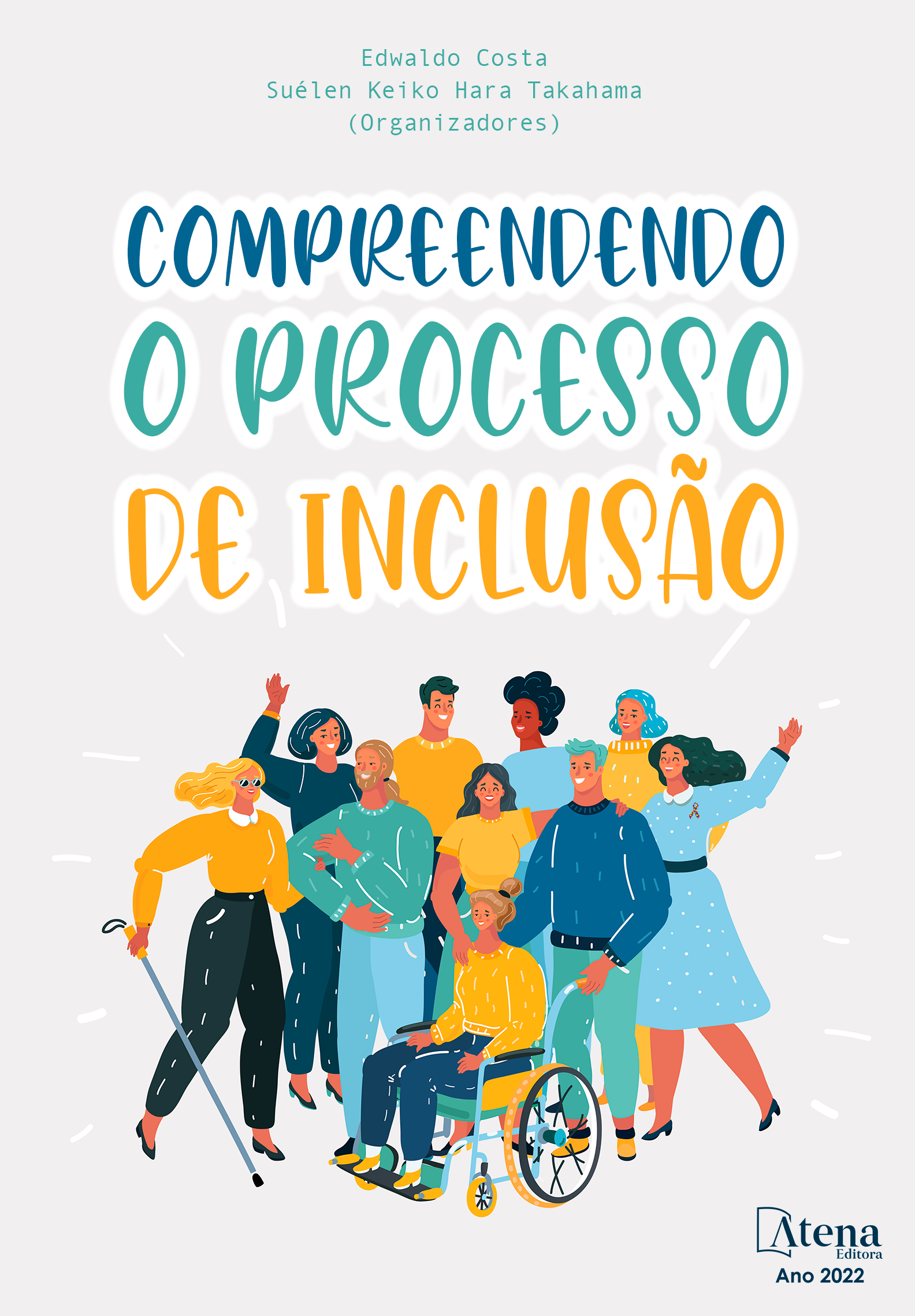
A POLÍTICA DE INCLUSÃO ESCOLAR PARA SURDOS E OUVINTES: PRINCIPAIS DESAFIOS
O presente trabalho tem por objetivo apresentar uma discussão sobre a importância do professor da educação básica em ter conhecimento sobre os aspectos linguísticos da Língua Brasileira de Sinais (LIBRAS), para a garantia do direito a inclusão desses alunos no ambiente escolar, uma vez que a comunidade surda não se limita apenas aos indivíduos surdos, pode incluir neste grupo todos os sujeitos que têm contato com o surdo, como membros da família, intérpretes, professores, colegas. Desta forma, para que de fato a inclusão aconteça é preciso que a comunidade escolar, principalmente o professor, tenha conhecimento dos aspectos culturais, linguísticos desses indivíduos para promover a relação entre o surdo com o ouvinte. Para tanto, utilizamos como metodologia a pesquisa bibliográfica e pesquisa documental. Com este estudo pretende-se instigar a busca por possibilidades de metodologias que podem ser aplicadas no processo de ensino e aprendizagem do aluno surdo. Todos têm potencial para aprender, mas para isso é necessário que professores, escola e família estejam aliados no processo de desenvolvimento para garantir ao aluno o direito à aprendizagem e a inclusão.
A POLÍTICA DE INCLUSÃO ESCOLAR PARA SURDOS E OUVINTES: PRINCIPAIS DESAFIOS
-
DOI: 10.22533/at.ed.8512218054
-
Palavras-chave: Inclusão. LIBRAS. Ensino e Aprendizagem.
-
Keywords: Inclusion. LIBRAS. Teaching and learning.
-
Abstract:
The present work aims to present a discussion about the importance of the basic education teacher in having knowledge about the linguistic aspects of the Brazilian Sign Language (LIBRAS), to guarantee the right to include these students in the school environment, since the The deaf community is not limited to deaf individuals, it can include in this group all subjects who have contact with the deaf, such as family members, interpreters, teachers, colleagues. Thus, for inclusion to actually take place, the school community, especially the teacher, must be aware of the cultural and linguistic aspects of these individuals to promote the relationship between the deaf and the hearing. For that, we used as methodology the bibliographical research and documental research. With this study we intend to instigate the search for possibilities of methodologies that can be applied in the teaching and learning process of the deaf student. Everyone has the potential to learn, but for that it is necessary that teachers, school and family are allies in the development process to guarantee the student the right to learning and inclusion.
-
Número de páginas: 13
- Suélen Keiko Hara Takahama
- Edwaldo Costa


